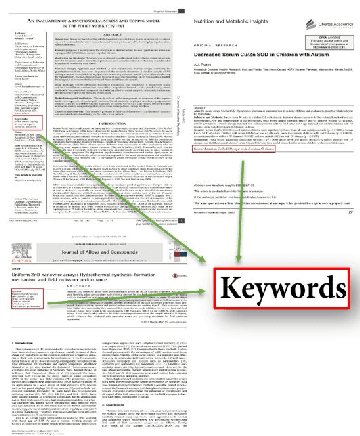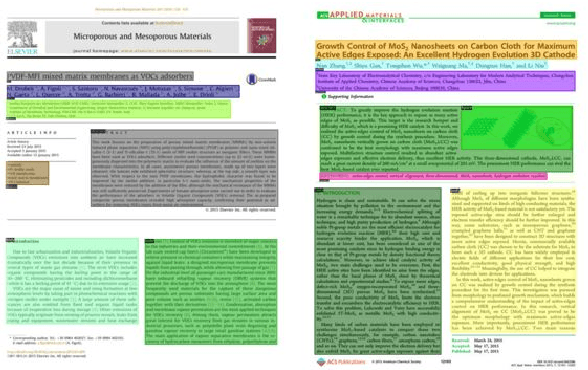Vision-Based Layout Detection from Scientific Literature using Recurrent Convolutional Neural Networks
Paper and Code
Oct 18, 2020



We present an approach for adapting convolutional neural networks for object recognition and classification to scientific literature layout detection (SLLD), a shared subtask of several information extraction problems. Scientific publications contain multiple types of information sought by researchers in various disciplines, organized into an abstract, bibliography, and sections documenting related work, experimental methods, and results; however, there is no effective way to extract this information due to their diverse layout. In this paper, we present a novel approach to developing an end-to-end learning framework to segment and classify major regions of a scientific document. We consider scientific document layout analysis as an object detection task over digital images, without any additional text features that need to be added into the network during the training process. Our technical objective is to implement transfer learning via fine-tuning of pre-trained networks and thereby demonstrate that this deep learning architecture is suitable for tasks that lack very large document corpora for training ab initio. As part of the experimental test bed for empirical evaluation of this approach, we created a merged multi-corpus data set for scientific publication layout detection tasks. Our results show good improvement with fine-tuning of a pre-trained base network using this merged data set, compared to the baseline convolutional neural network architecture.
 Add to Chrome
Add to Chrome Add to Firefox
Add to Firefox Add to Edge
Add to Edge